UK-based Symphony Environmental develops a biodegradable solution for plastics
Study on plastics suggests that plastic bags with thicknesses of 40microns or more is recyclable and non-biodegradable. Moreover, in no country in this world it is possible to collect and recycle all plastic waste. Some of it will always accidentally or deliberately escape into the environment and hence, harm the environment.
03 Jun 2014 | By Anand Srinivasan
Every year, approximately 200 million tonnes of plastics are produced globally. Plastics can take upto 400 years to breakdown. Globally currently only three percent of plastics are being recycled.
In order to deal with this growing problem, UK-based Symphony Environmental has made it possible to convert any ordinary plastic material to bio-degradable through its d2w technology. Symphony is into developing advanced plastic technologies to cope up with the environmental and public health problems.
D2w controlled-life plastic technology is a master batch which when included at the manufacturing stage, turns ordinary plastic at the end of its useful life, in the presence of oxygen, into a material with a different molecular structure. At the end of that process it is no longer a plastic and has become a material which will disappear in the open environment in the same way as a leaf.
The d2w oxo-biodegradable plastic degrades in the environment by a process of oxidation initiated by an additive formulation, and then biodegrade after their molecular weight has reduced to the point where naturally-occurring micro-organisms can access the material.
According to spokesperson at Symphony, d2w oxo-biodegradable plastics are intended as low-cost insurance against plastic pollution, but throwing away plastic deliberately is not intended as a disposal route as oxo-biodegradable plastics can be recycled with ordinary plastic if collected or can be incinerated to produce electricity.
The d2w technology can be integrated in producing plastic products such as shopping bags, garbage sacks, packaging etc. which are fit for purpose, but will harmlessly degrade at the end of their useful life so, does not harm animals or choke drains.
Life-cycle assessments by Intertek in 2011 and 2012 put the environmental credentials of d2w plastic ahead of conventional plastic, bio-based plastic, paper, and cotton and jute bags.
Symphony is now supplying d2w through 67 distributors covering 92 countries worldwide, including India. Luibeg is the licensed distributor in India of d2w oxo-biodegradable additive.


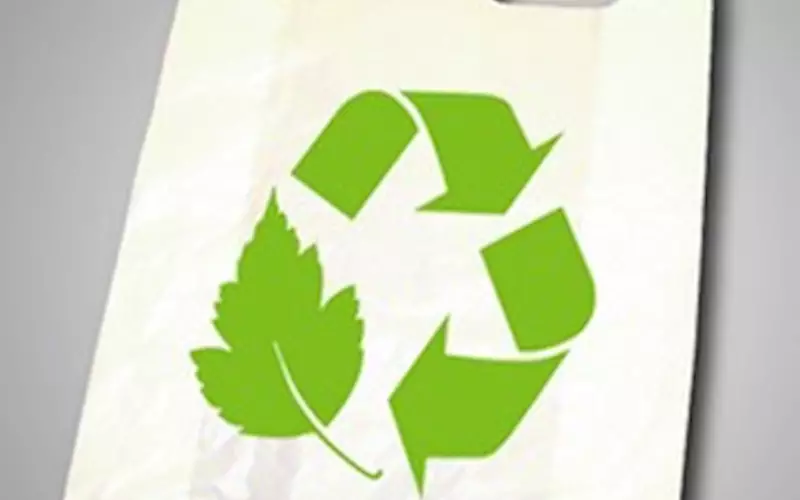
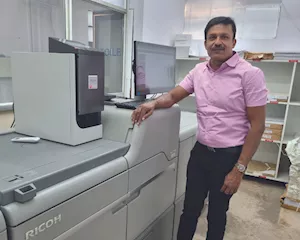
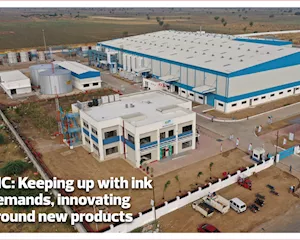
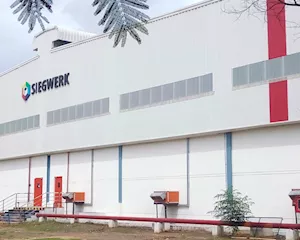

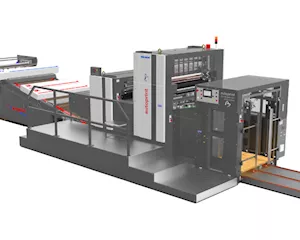






 See All
See All